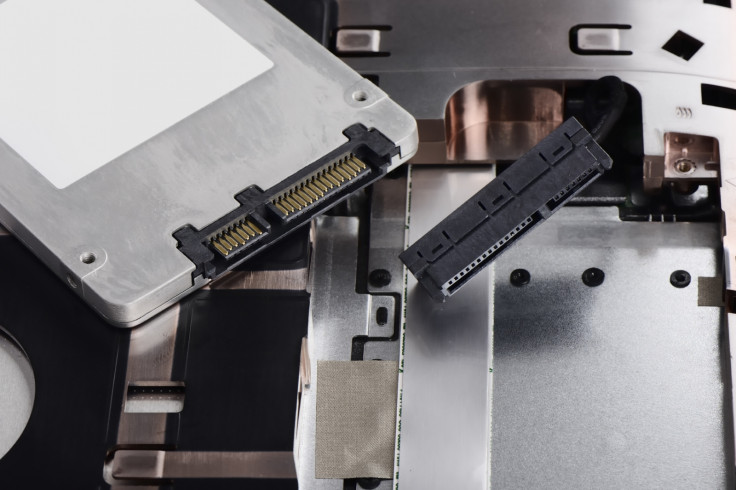SSDs lose data if left without power for just 7 days

The standards body for the microelectronics industry has found that Solid State Drives (SSD) can start to lose their data and become corrupted if they are left without power for as little as a week.
Today, consumers use several types of devices to store information – from computer hard drives, to external hard drives, to flash drives (also known as USB memory sticks or thumb drives) and SSDs.
While hard drives are mechanical in nature and make use of rapidly rotating discs coated with magnetic material, flash storage devices are completely electronic, making use of a chip to process the data, so that data can be transferred much faster into smaller devices that are also more durable if dropped.
According to a recent presentation by Seagate's Alvin Cox, who is also chairman of the Joint Electron Device Engineering Council (JEDEC), the period of time that data will be retained on an SSD is halved for every 5 degrees Celsius (9 degrees Fahrenheit) rise in temperature in the area where the SSD is stored.
Consumer class SSDs can store data for up to two years before the standard drops, but when it comes to SSDs used by enterprises, the drives are only expected to retain data for a period of three months – a fact confirmed by Samsung, Seagate and Intel's own ratings on their products.
Security firm KoreLogic is concerned that far too many people are now using SSDs in both consumer and enterprise applications, which is clearly not a great idea if the data is important and might be needed for a longer period that three months.
The firm advises that users make sure to regularly back up their data and create drive images, or they will risk losing their data, which can have disastrous consequences, for example if the data was part of evidence gather by a law firm for a deposition.
"If long term storage is required, image the SSD onto a mechanical drive and place that drive in storage as well as the SSD," KoreLogic writes in a blog post.
"If you maintain an online legal hold storage capability, image the SSD to that storage. Either way, you essentially eliminate potential data retention problems. The worst-case scenario is explaining to the court why your data cannot be accessed because the hard drive you placed into storage is throwing out errors."
© Copyright IBTimes 2024. All rights reserved.







